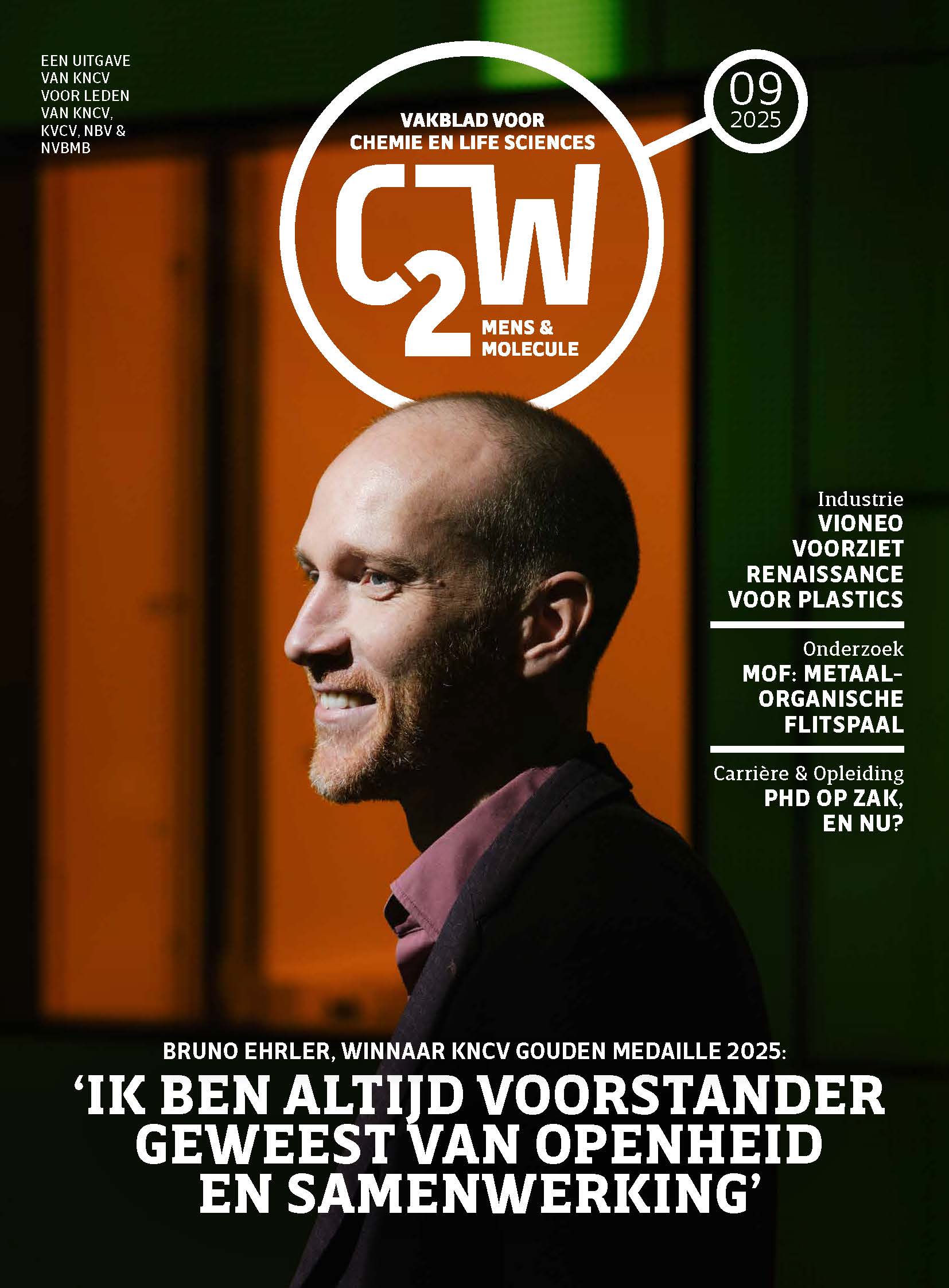Would you like to add an event to this list? Simply register your event using this form.
Conopeptides as tools for studying pacemaker channels and for the development of novel cardiovascular drugs

Category
Ph D Defense
Date
2022-12-12 17:00
Venue
KU Leuven, Universiteitshal, Promotiezaal, 01.46 - Naamsestraat 22
3000 Leuven, België
3000 Leuven, België
Promovendus/a: Anne-Sophie Depuydt
Promotor(en): Prof. dr. Jan Tytgat, De heer Steve Peigneur
Cardiovascular diseases are the leading cause of hospital admissions and have been implicated as a cause of sudden death. An arrhythmia is an abnormality of the heart's rhythm. It may beat too slowly, too quickly, or irregularly. The prevalence of people with arrhythmias will increase in the next years due to the aging population and increasing risk factors related to diet, exercise, sleep, and substance misuse. The current therapies are limited, have a lot of side effects, and thus are not ideal.With every contraction of the heart, blood is pumped through our body. The heart's rhythm is controlled by electrical signals. A small group of specialized cells will generate and propagate these signals throughout the heart. This pacemaker pulse will result in a contraction of the muscles of the heart. This cardiac electrical activity is the result of changes in the membrane potential across the cell membrane, which is induced by ions flowing through various large proteins in the membrane, named ion channels. These ion channels are considered interesting and important pharmacological targets for the treatment of various cardiovascular diseases.
In this PhD project, we intend to study the unique interaction of marine-derived ligands with pacemaker ion channels. In the first chapter, we report a screening of a wide variety of compounds such as venoms, peptide toxins and small molecules. In the second chapter, we characterized the effect of a unique peptide on our ion channels. This peptide, called PnCS1, is synthetically produced and is a combination between a spider toxin and a marine cone snail toxin. In the third chapter, we investigated the effect of 128 small molecules that are derived from a marine sponge, called purpurealidin analogs, on the pacemaker ion channels.
As a conclusion, our research shows new insights into the design of drugs and into the mechanism of interaction with pacemaker ion channels. These ligands can be used as tools to study the channels and can serve as templates for the design of new cardiovascular drugs.
All Dates
- 2022-12-12 17:00
Powered by iCagenda

